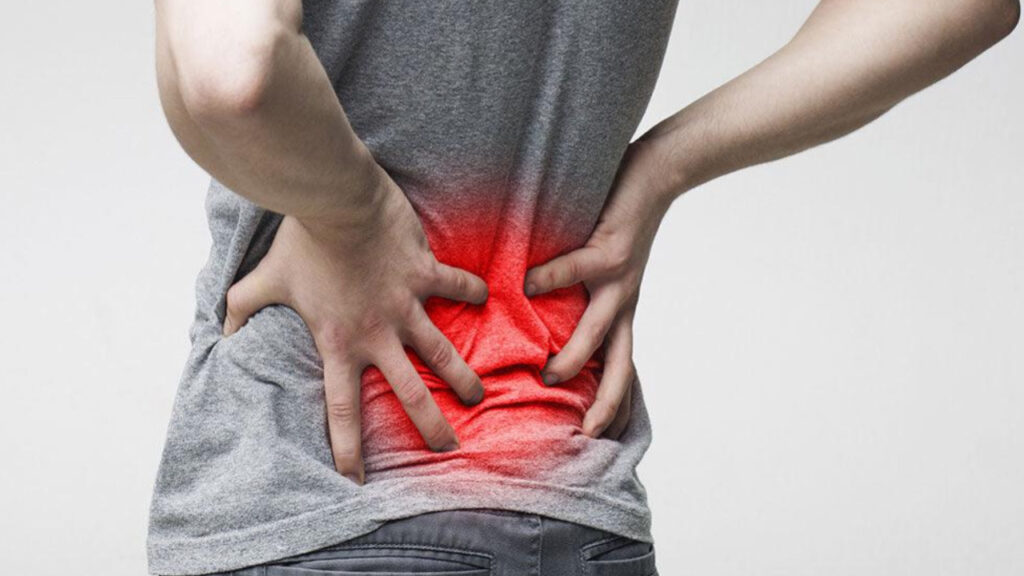Health News
Back pain is a common problem faced by people of all ages. While poor posture, muscle strain, or injuries are well-known causes, not many people are aware that certain vitamin deficiencies can also lead to persistent or recurring back pain. In this article, we’ll explore which vitamins are essential for spine health and how their deficiency can affect your back.

Vitamin D Deficiency
Vitamin D plays a vital role in maintaining healthy bones and muscles. It helps the body absorb calcium, which is crucial for bone strength. A deficiency in vitamin D can lead to weak or brittle bones and muscle pain. Lower back pain is one of the most common symptoms seen in people with low vitamin D levels. In fact, studies have shown a strong link between chronic lower back pain and vitamin D deficiency.

Vitamin B12 Deficiency
Vitamin B12 is essential for proper nerve function. When your body lacks enough B12, it can affect the health of your nerves, leading to sensations like tingling, numbness, or pain—often in the back or spine area. In some cases, nerve damage caused by long-term B12 deficiency may result in chronic back discomfort or weakness.

Calcium Deficiency
Although calcium is a mineral and not a vitamin, it’s worth mentioning due to its close connection with vitamin D. Calcium is necessary for strong bones and spinal support. Without enough calcium in the body, bones become weak and more prone to fractures or pain. If you have both low calcium and low vitamin D, the risk of back pain increases significantly.
How to Prevent Vitamin Related Back Pain
Get enough sunlight: Spending 15–20 minutes daily in sunlight can help your body produce vitamin D naturally.
Eat a balanced diet: Include foods rich in vitamins D and B12, such as eggs, dairy, fish, mushrooms, and leafy greens.
Consider supplements: If dietary sources are not enough, talk to a healthcare provider about taking vitamin supplements.
Stay active: Regular exercise improves posture and strengthens back muscles.
If you’re suffering from unexplained or recurring back pain, it’s worth checking your vitamin levels, especially D and B12. Proper nutrition, sunlight exposure, and a healthy lifestyle can go a long way in keeping your back strong and pain free. Your diet and nutritional health play a significant role in maintaining the strength and flexibility of your spine, muscles, and nerves. Vitamins are essential micronutrients that support various functions in the body, including bone density, muscle performance, and nerve communication. When your body doesn’t get enough of certain vitamins, it can lead to weakness, inflammation, and chronic pain especially in the back and spine.





